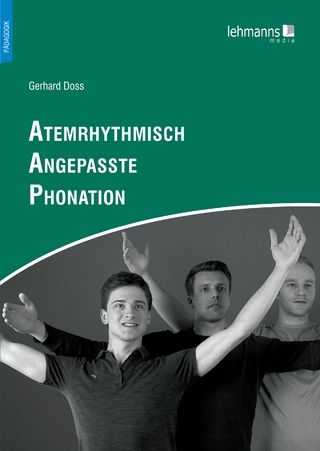
Reflections on Psycholinguistic Theories
Cambridge University Press (Verlag)
978-1-108-40464-8 (ISBN)
In a work that is part memoir, part monograph, Nigel Duffield offers a set of lyrical reflections on theories of Psycholinguistics, which is concerned with how speakers use the languages they control, as well as with how such control is acquired in the first place. Written for professionals and enthusiastic amateurs alike, this book offers a 'well-tempered' examination of the conceptual and empirical foundations of the field. In developing his ideas, the author draws on thirty years of direct professional experience of psycholinguistic theory and practice, across various sub-disciplines, including theoretical linguistics, cognitive psychology, philosophy, and philology. The author's personal experience as a language learner - more importantly, as the father of three bilingual children - also plays a crucial role in shaping the discussion. Using examples from popular literature, song, poetry, and comedy, the work examines many of the foundational questions that divide researchers from different intellectual traditions: these include the nature of 'linguistic competence', the arbitrariness of language, and the theoretical implications of variation between speakers and across languages.
Nigel Duffield received his university education in language and linguistics in England (Cambridge and London) and the USA (Los Angeles). A Professor of English and Linguistics at Konan University, Japan, since 2012, he has held previous positions in Germany, Canada, the Netherlands, and England. His unique perspective on psycholinguistics is informed by his interactions with psycholinguists across a wide theoretical spectrum.
Introduction; Part I. Both Sides, Now: 1. Breaking us in two; 2. Marr's Vision I; 3: Marr's Vision II; Part II: Six Different Ways; 4. (Case #1): 'Starry, starry night'; 5. (Case # 2): 'There's a word for it'; 6. (Case # 3): 'Running up that hill'; 7. (Case # 4): 'Me, myself, I'; 8. (Case # 5): 'Be my number two'…won't you?; 9. (Case # 6): 'Cwucial questions'; Part III. Say it ain't so, Joe: 10. A is for Abstraction (and Ambiguity); 11. B is for Arbitrariness; 12. C is for Competence~Performance, and Proficiency; 13. F is for Functions of Language; 14. G is for Grammar; 15. H is for Homogeneity; 16. I is for Internalism (I-language); 17. J is for Judgment; 18. N is for (Chomskyan) Nativism; 19. O is for Object of Study; 20. P is for Poverty of the Stimulus (Good Arguments); 21. R is for (Exophoric) Reference; 22. T is for Sentence; 23. V is for von Humboldt (Discrete Infinity); 24. Ω is for Love; Part IV. A Tale of Two Cities: 25. 'I ain't bovvered'; 26. 'Who did say that?'
| Erscheinungsdatum | 08.02.2018 |
|---|---|
| Zusatzinfo | Worked examples or Exercises |
| Verlagsort | Cambridge |
| Sprache | englisch |
| Maße | 151 x 227 mm |
| Gewicht | 630 g |
| Themenwelt | Geisteswissenschaften ► Sprach- / Literaturwissenschaft ► Sprachwissenschaft |
| ISBN-10 | 1-108-40464-2 / 1108404642 |
| ISBN-13 | 978-1-108-40464-8 / 9781108404648 |
| Zustand | Neuware |
| Haben Sie eine Frage zum Produkt? |
aus dem Bereich


